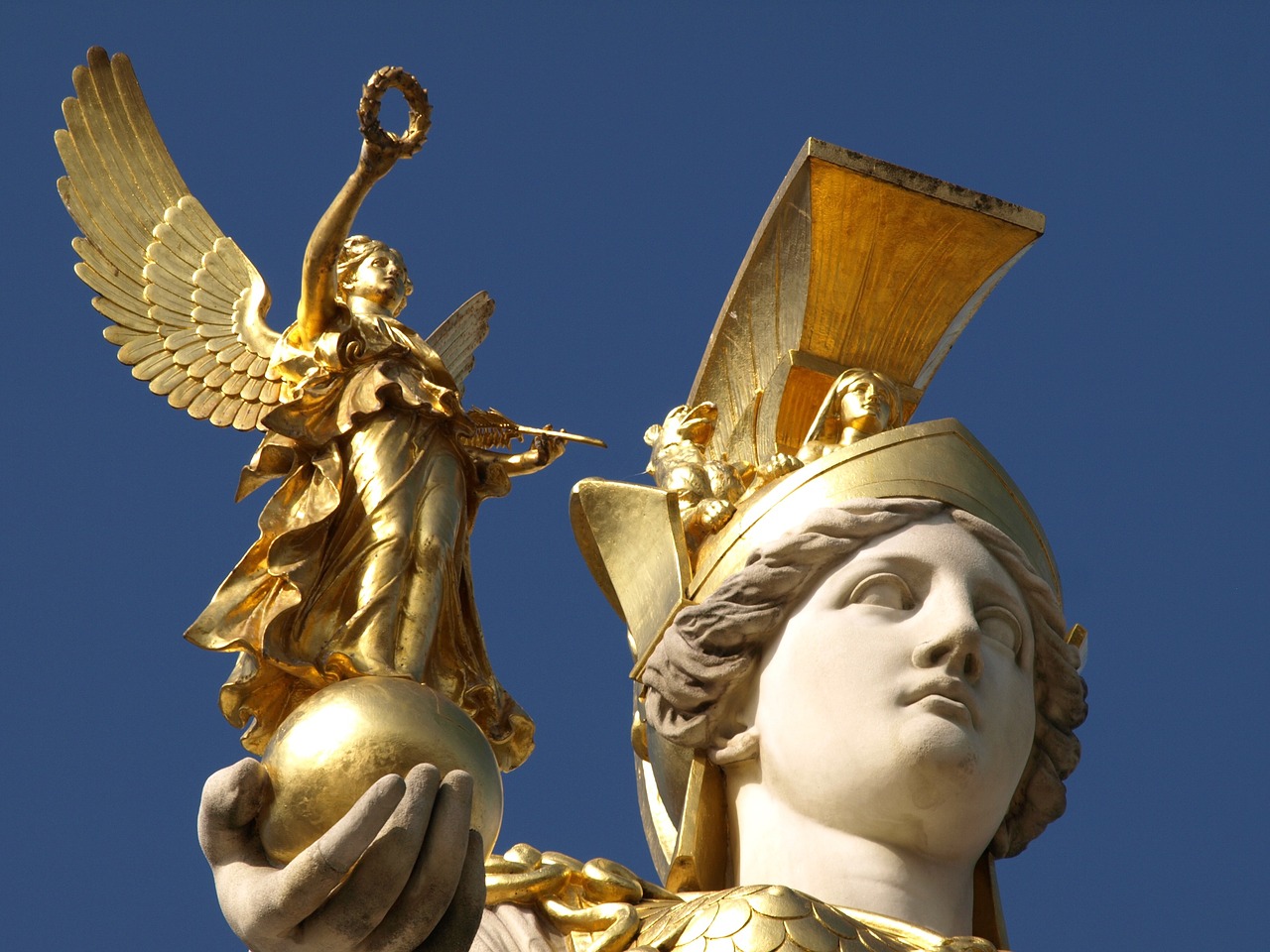
By Esha Bajaj
Athens, the first stop on the Philo trip of Ancient Greece, is the subject of a rich mythical backstory. The tale goes that the ancient Greek gods of Olympus saw the beautiful portion of land that today is Athens and began to fight over who would be its patron god. Two gods headed the battle, Poseidon, god of the sea, and his niece Athena, goddess of wisdom and war. The other gods decided to host a contest between the two gods to determine who would rule over the land and give it its name. Each god was to give the people of that land a gift, and based on these gifts, the people would decide which of the two gods they wished to be their city’s patron.
The first gift was bestowed by Poseidon, who swung his great trident against a bolder and brought forth a spring of water to the city, to protect its inhabitants from drought. However, the spring, like the waters of the oceans Poseidon commanded, were salty and undrinkable. Following Poseidon, Athena gifted the city with an olive tree, from which the people were able to eat the fruit, extract oil, and gain firewood. The people found the goddess Athena’s gift to be superior to Poseidon’s and named her their patron, thus naming the city Athens.
The city is filled with monuments to the goddess to this day, and in ancient times great festivals were held in her honor. The owl, Athena’s sacred bird and the symbol for wisdom, could be found on both sides of their coins. And if you walk through the less populous areas of Athens today, you will find endless groves of olive trees.
Come experience it for yourself with Philomobile’s trip to Ancient Greece! For more information, click button below.